Shirati Peanut Project
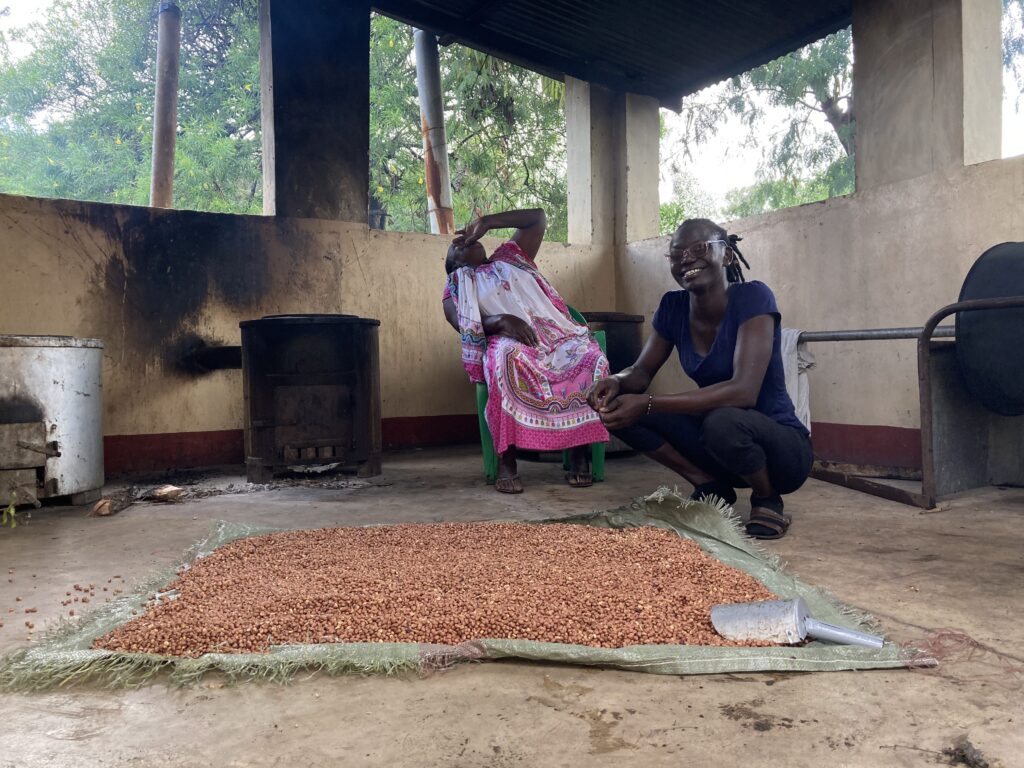
What is the problem?
In Shirati, children are often admitted to the hospital with the most severe form of malnutrition (severe acute malnutrition). Malnutrition can ultimately lead to stunting of growth, impaired cognitive development and even death. In Tanzania, nearly 40% of children under 5 years old suffer from a form of malnutrition. The poorest families are generally hit hardest. Since the percentage of people living under the poverty line is higher in Shirati than the national average, malnutrition is a very common problem.
Treatment is relatively simple and consists of a particular fortified milk and peanut butter, known as ready-to-use therapeutic food (RUTF). The mortality is high without these products, however, and shipments from the government often unreliable.
Partners and local need
During a morning meeting in 2020, a discussion arose after yet another malnourished child had died. The child had not received any therapeutic food because this was simply not available. Chrispine, one of the Tanzanian doctors, wondered if we couldn’t make this ourselves?
What are we doing about it?
We decided to take the production of RUTF in our own hands. With the help of the Albert Schweitzer Fund we’ve managed to realize a production unit on the hospital compound. Here, we produce fortified milk (called F75 & F100) using soy and maize, which is necessary for helping severely malnourished patients through the initial phase of recovery. As far as we know, we are the only organization in Tanzania to locally produce RUTF.
The project is led by Stella Makori, a Tanzanian nutritionist from Shirati. After discharge, malnutrition patients are monitored through our outpatient department until the target weight has been reached. During and after admission, we provide education on nutritious food and how to recognize and prevent malnutrition in the future.
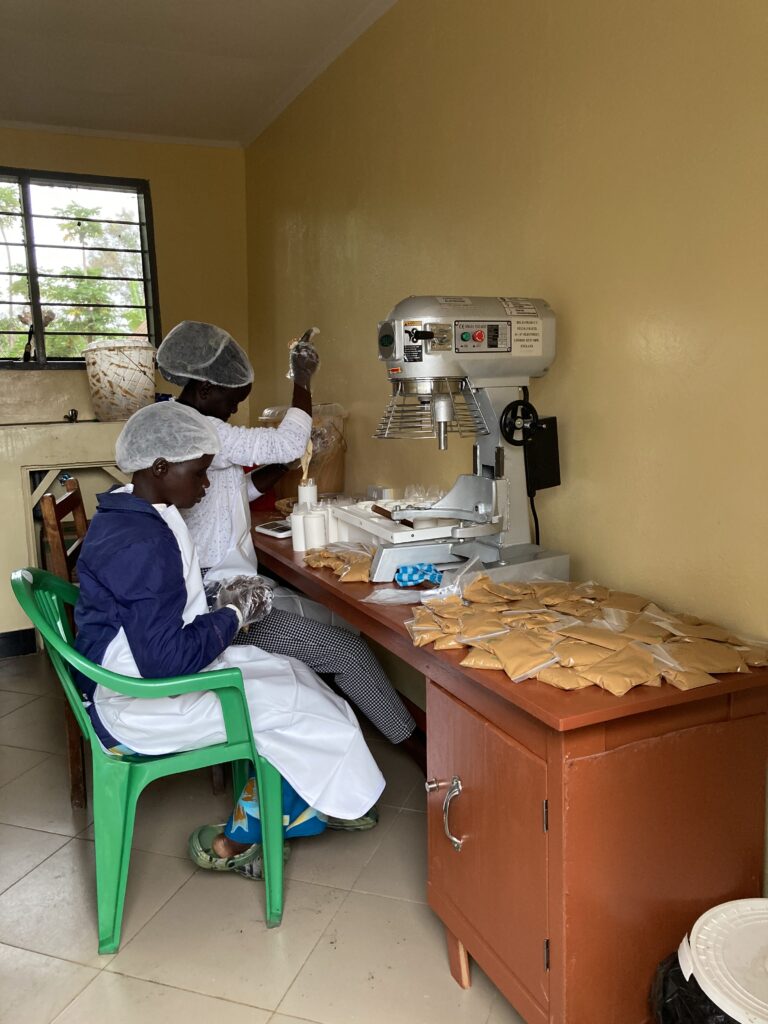
What have we accomplished so far?
During the first year of the Shirati Peanut Project, we’ve shown that malnourished children are adequately helped, using our products. And we’ve managed to do so in a safe and sustainable way.
- In 1 year, more than 6000 units of RUTF were produced, using over 600 kilograms of peanuts.
- More than 100 malnutrition patients were treated.
-
Research was set up in collaboration with the University of Maastricht to gain insight into the perspective of caretakers on our RUTF, their views on the causes of malnutrition and why some patients do not return after discharge.
Future goals
- In the coming year, we want to improve our production unit through the procurement of superior materials, refining the production process and continued education of our personnel.
- There is interest from the Tanzanian government in expanding the project to other areas in Tanzania. We are still awaiting further details on this plan.
- At the end of 2024 we will start a collaboration with our local partner Maji Safi. To increase knowledge on nutrition and increase awareness on the dangers of malnutrition in the community.
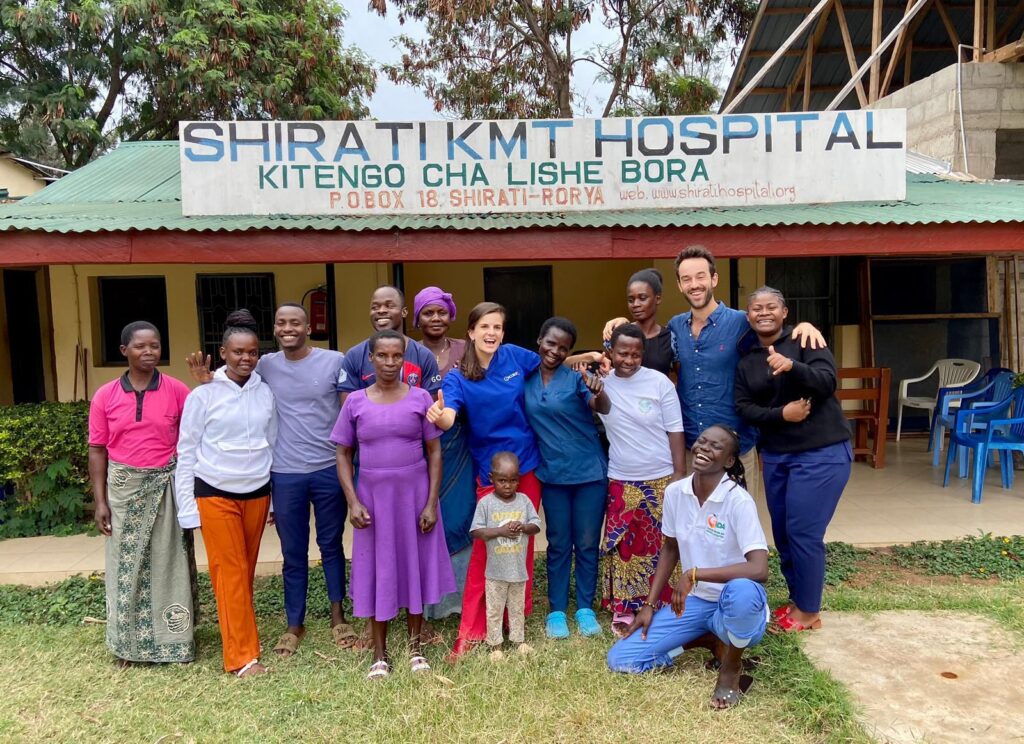
Have a look at our other projects
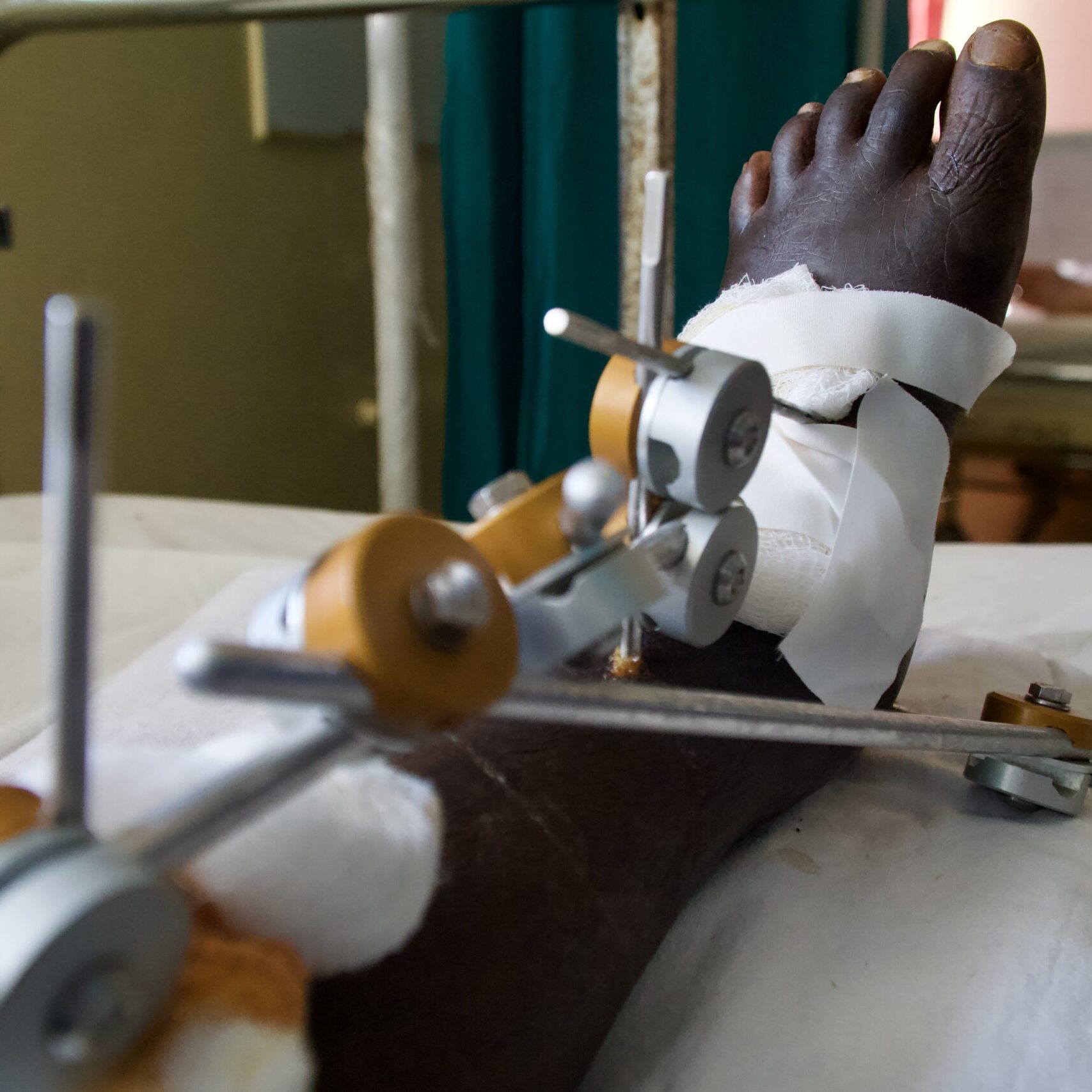
Bonesetter Project
Collaborate with traditional bonesetters to cure broken bones
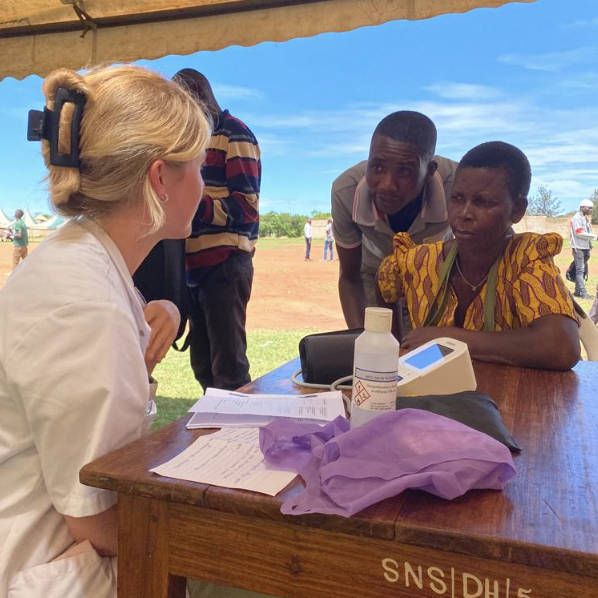
Healthy Hearts Project
The detection of patients with cardiovascular diseases before they become seriously ill
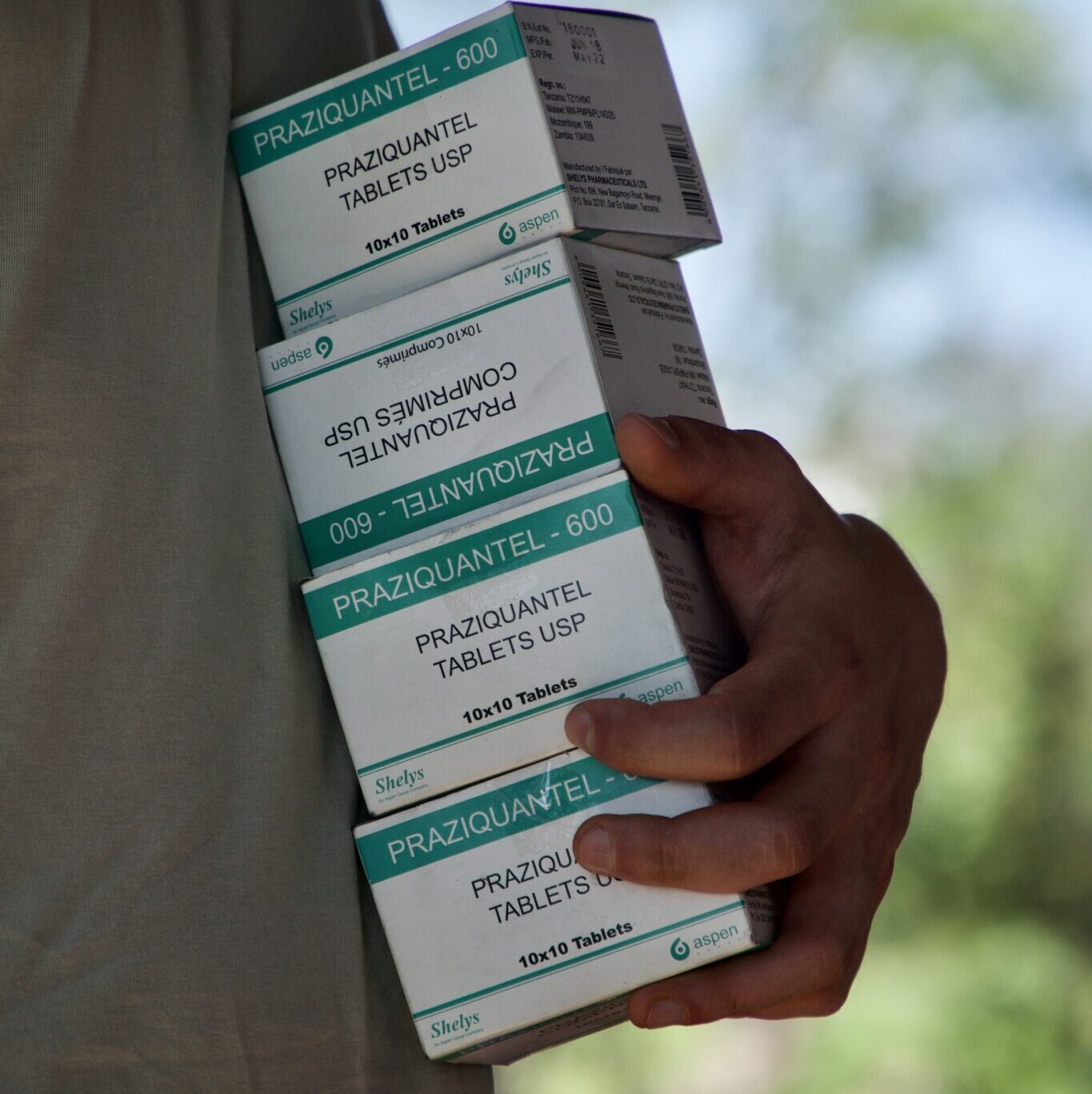
Schistosomiasis Outreach Shirati
Free treatment against, and education about schistosomiasis
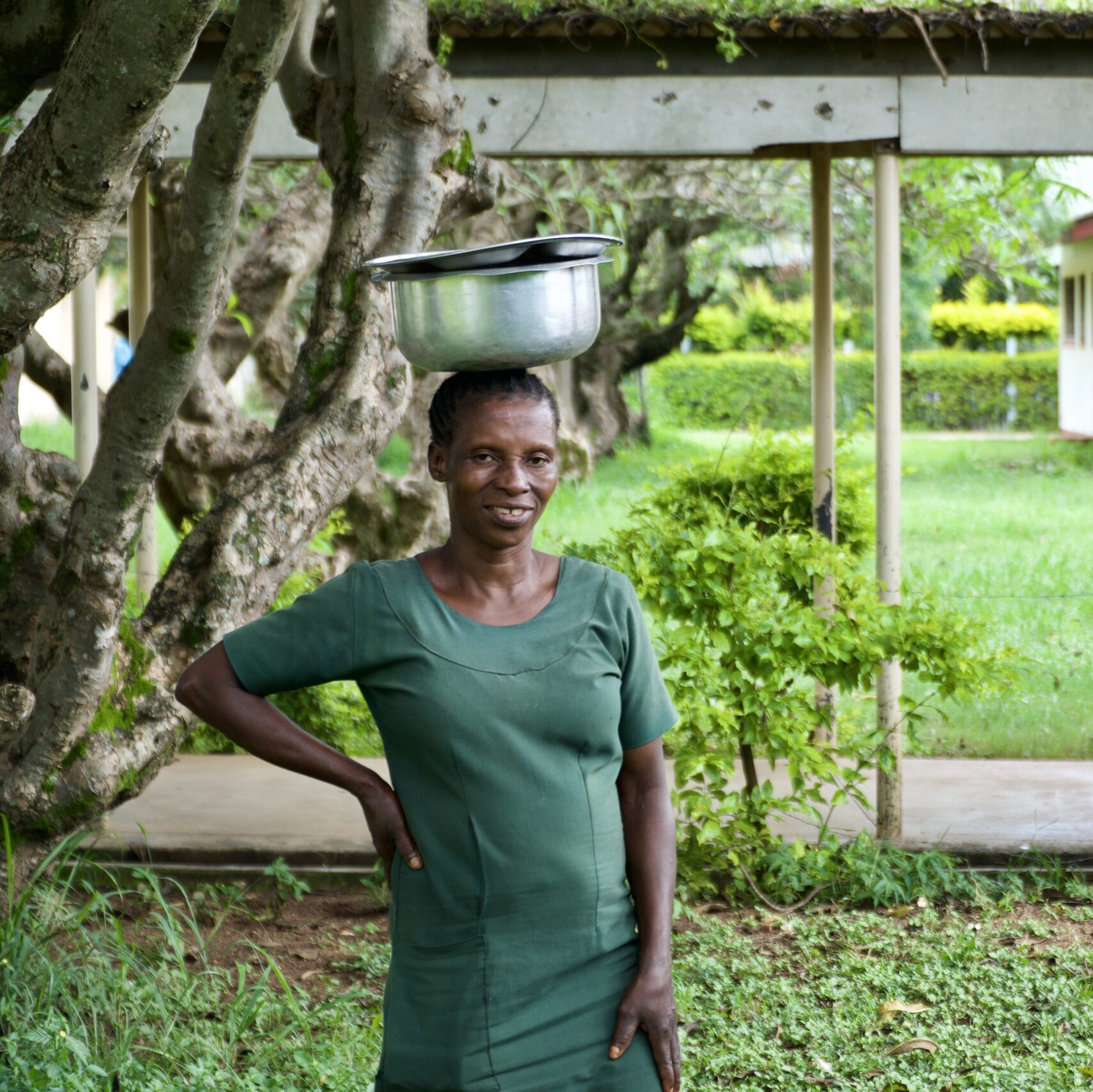
Shirati Food Program
Every day, a healthy free meal for all patients

